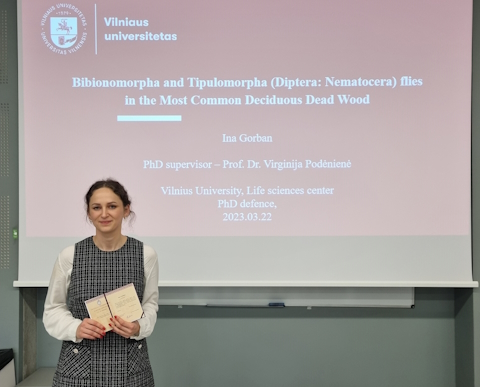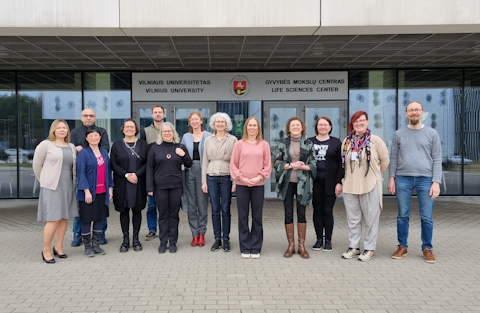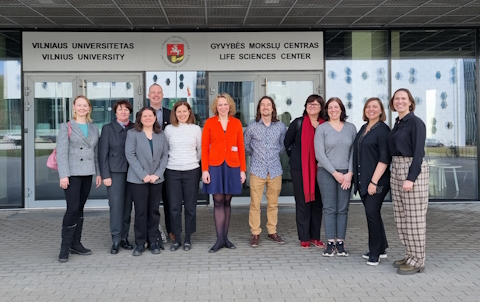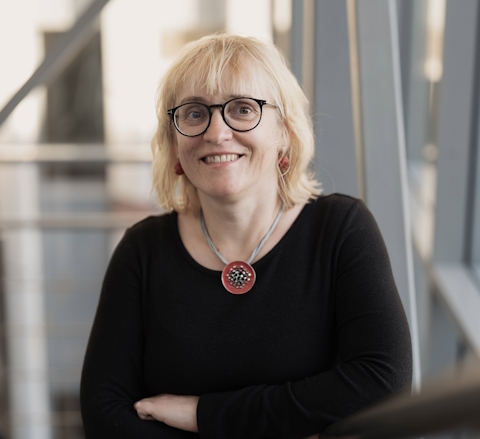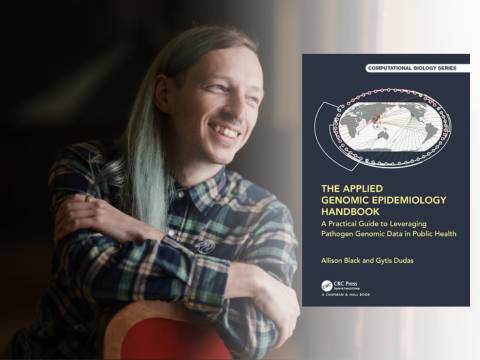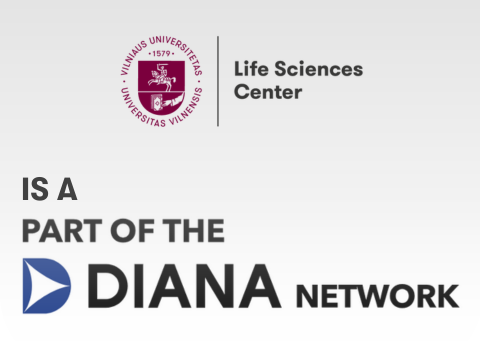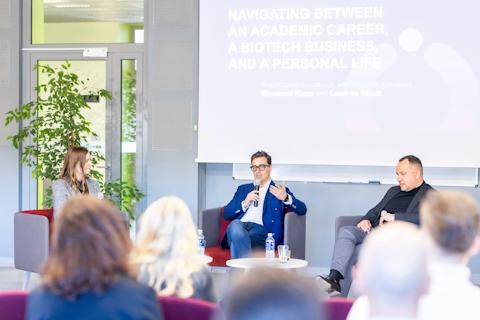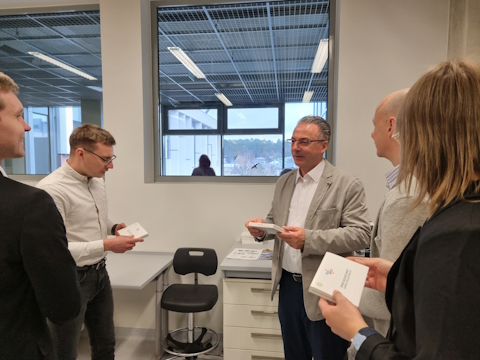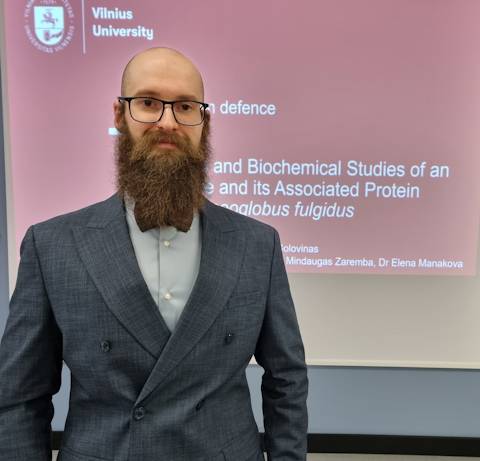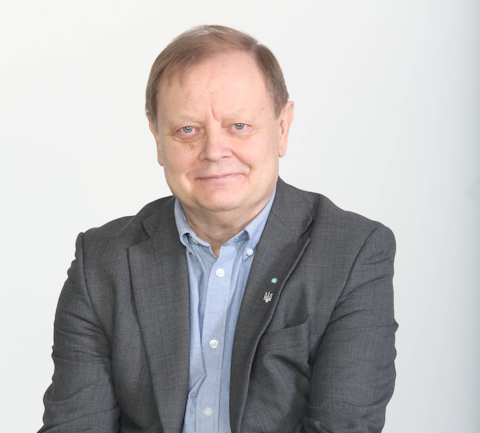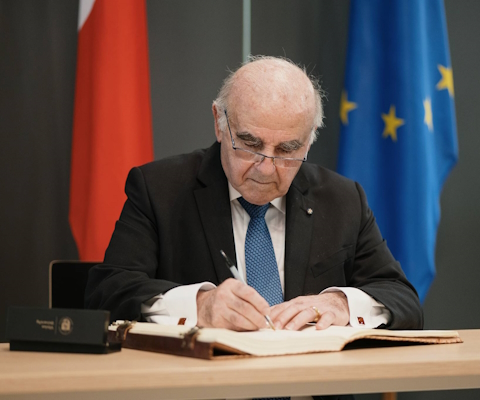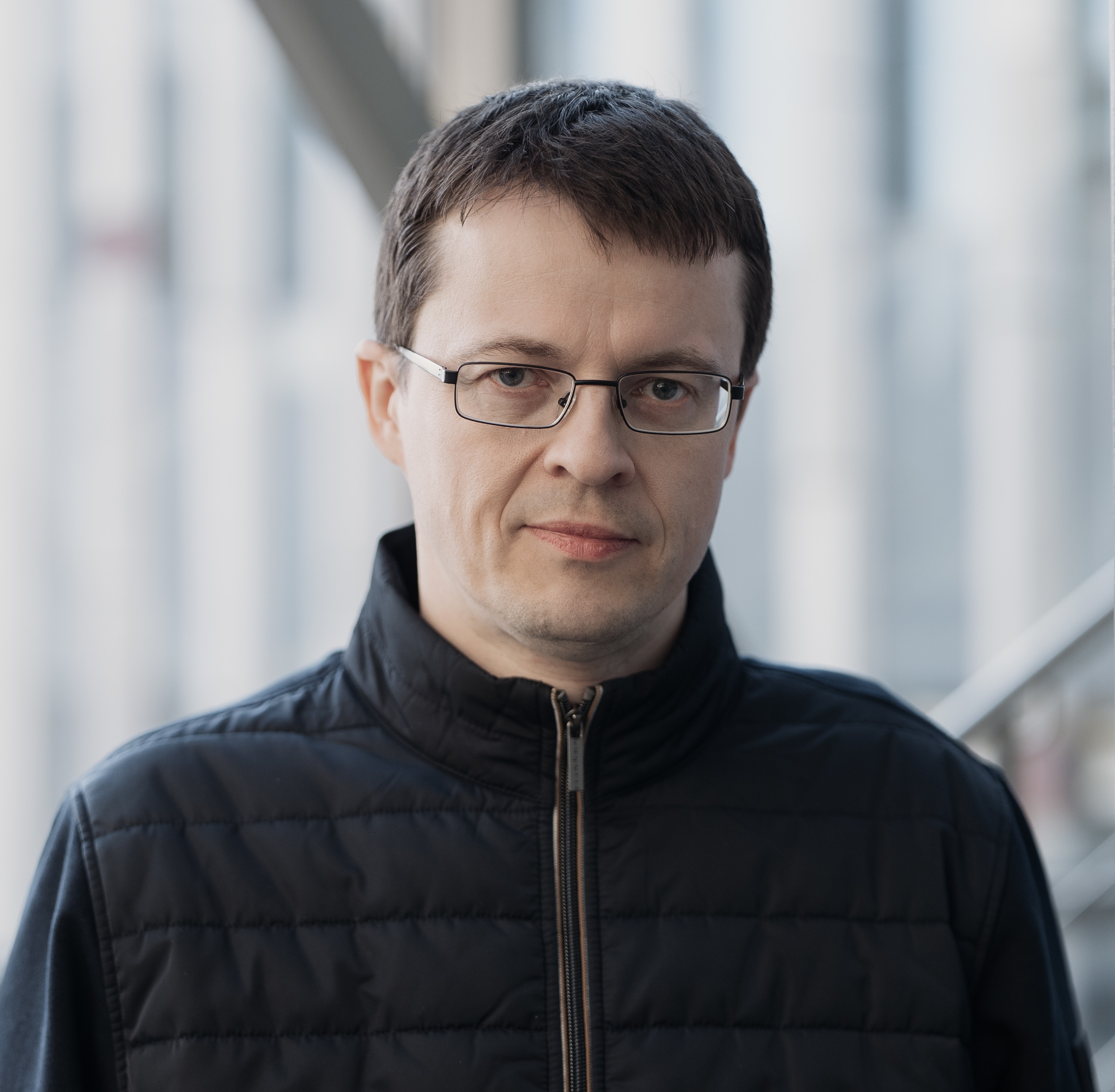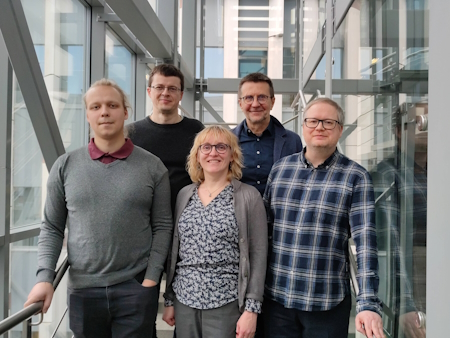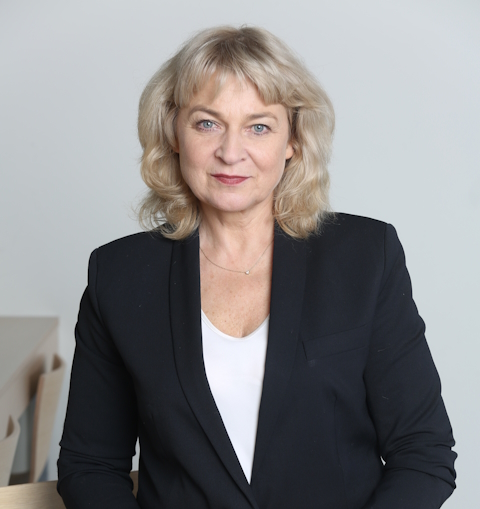“Many cancers are curable with existing protocol therapy, however, not all cancers respond to it. Based on the data of my research, I think that both treatment and diagnostics will become more and more individualized,” says Dr. Rūta Navakauskienė, researcher of Vilnius University Life Sciences Center (VU LSC). Her research group’s study on stem cells and their therapeutic application is part of this progress.
In October 2023, the Lithuanian Academy of Sciences (LMA) nominated the cycle of works “Investigation of the role of cancer and stem cells in the pathogenesis of diseases and their application for therapy - synergy of experimental biology and computer informatics (2008–2022)” by Dr. Rūta Navakauskienė (together with Prof. Dalius Navakauskas, Dr. Veronika Viktorija Borutinskaitė and Prof. Dalius Matuzevičius) as candidate for the Lithuanian Science Prize.

